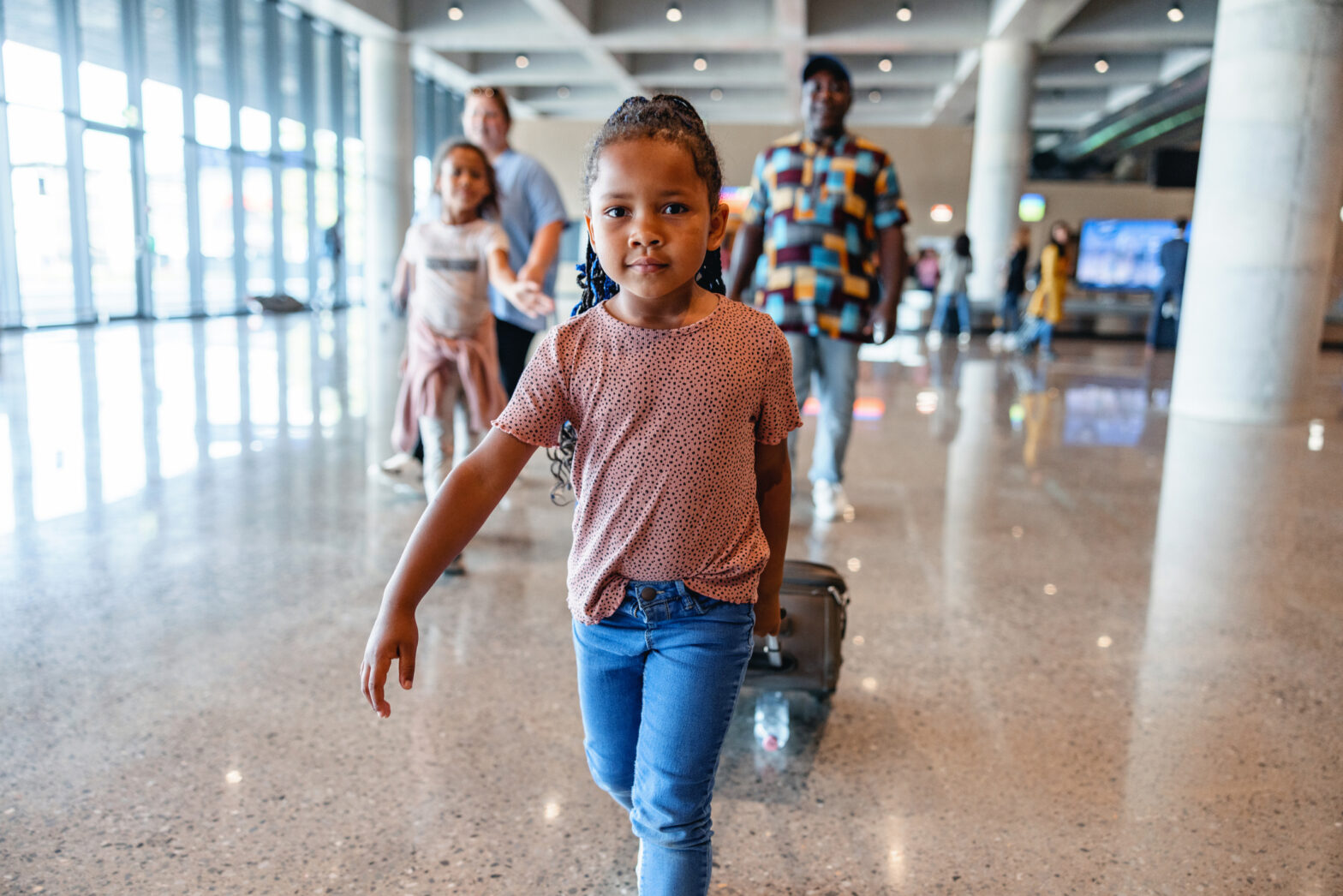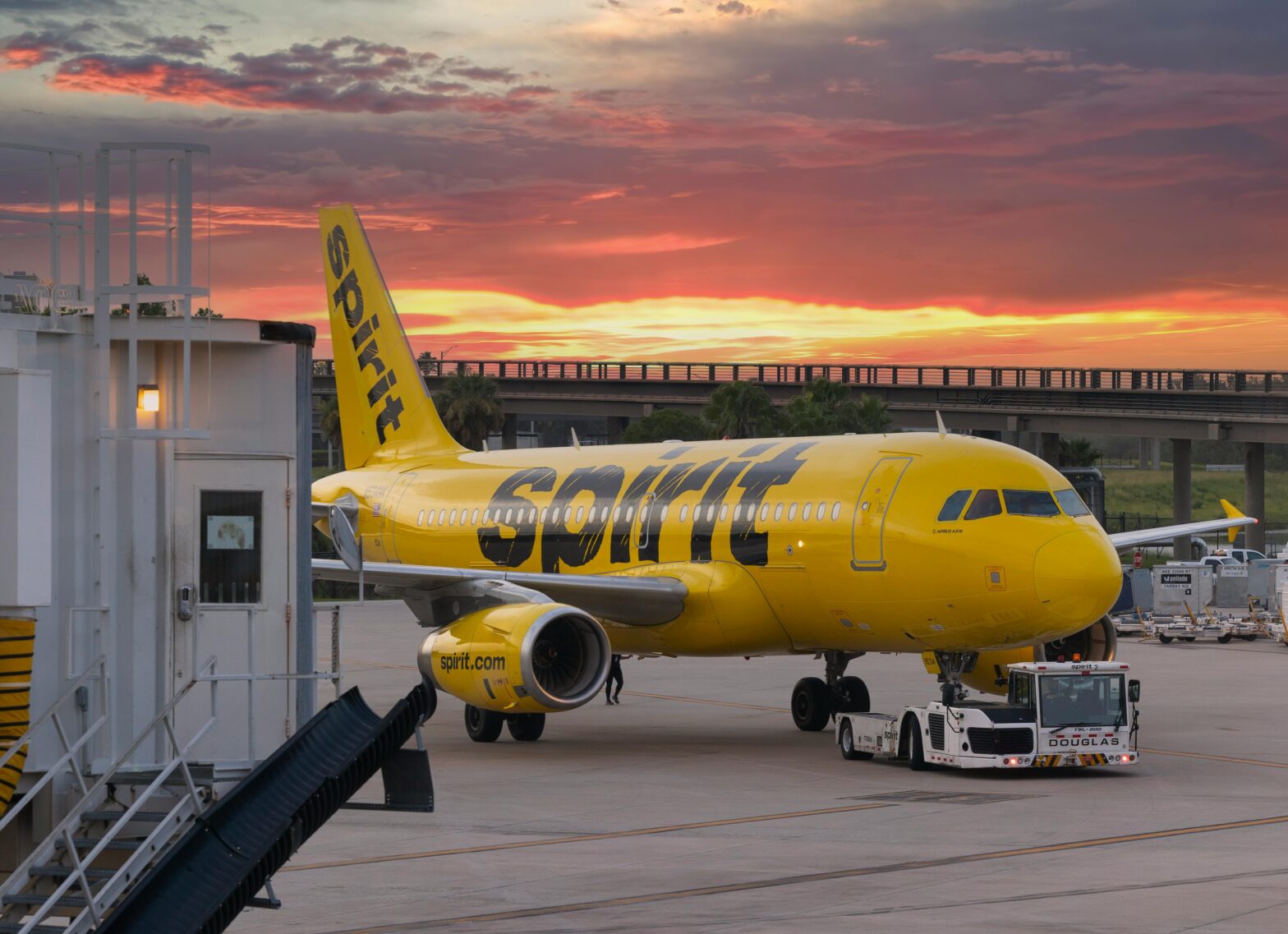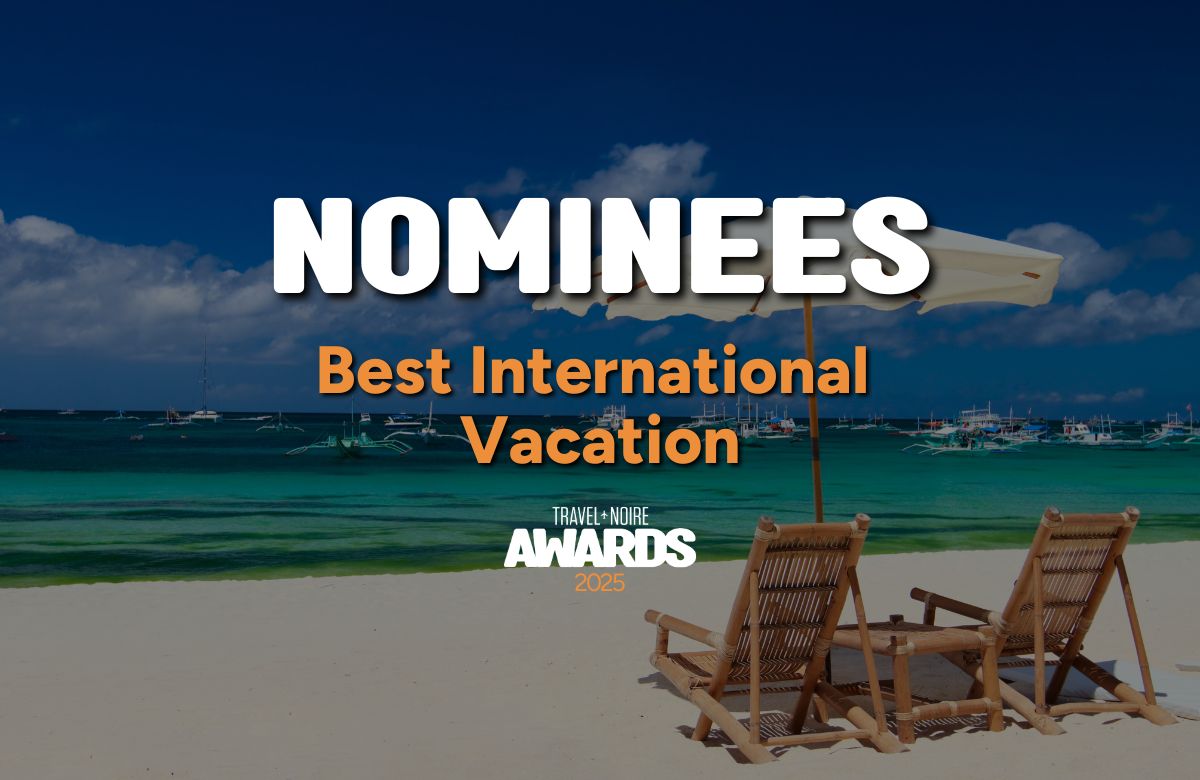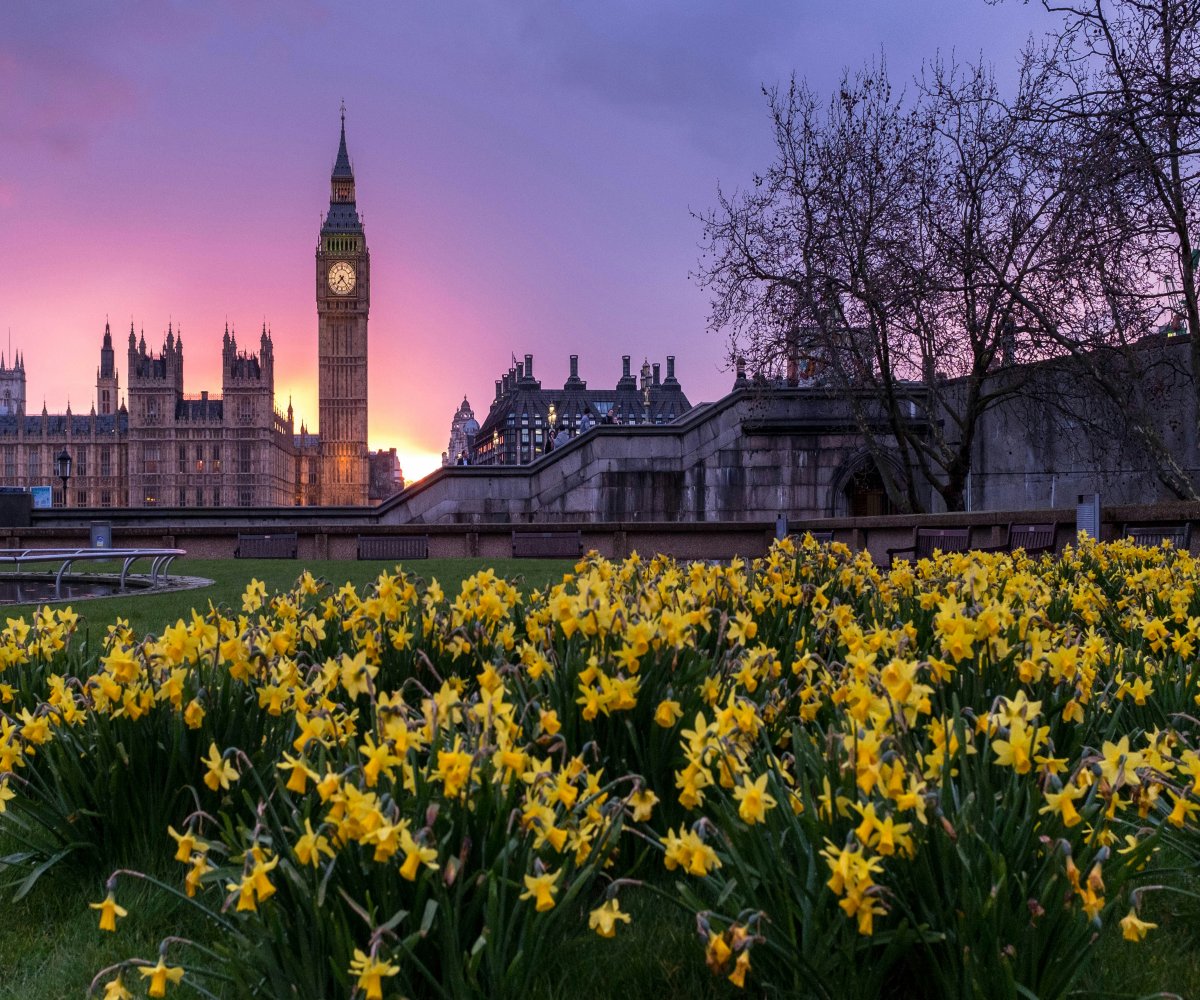On June 18, the State Department announced that student and exchange program visa applicants will face “expanding screening and vetting” that may include the United States government analyzing their social media accounts. According to the announcement, those who will face the social media vetting are applicants for “F,” “M,” or “J” visas. The State Department requested that all the named applicants change their privacy settings so their social media accounts are public. The department claimed that vetting applicants’ socials is a part of the “new guidance” it is undertaking. The authority noted its commitment to protecting the U.S. and its citizens by “upholding the highest standards of national security and public safety” through its visa issuance process.
“A U.S. visa is a privilege, not a right,” the State Department stated at the beginning of its announcement.
“Every visa adjudication is a national security decision,” it further declared. “The United States must be vigilant during the visa issuance process to ensure that those applying for admission into the United States do not intend to harm Americans and our national interests, and that all applicants credibly establish their eligibility for the visa sought, including that they intend to engage in activities consistent with the terms for their admission.”
What Else Should Exchange Program And Student Visa Applicants Know?
“F” and “M” student visa applicants hope to study at an American academic institution, a language training program, a vocational program, or an otherwise “recognized nonacademic institution.”
“J” applicants, who will also potentially face social media vetting, are those hoping to visit the U.S. through an exchange program. Examples include visitors coming to be au pairs, teachers, professors, researchers, scholars, or interns. Secondary school and university students may also be eligible to apply for J nonimmigrant visas, depending on their circumstances.
“F,” “M,” and “J” applications are all for nonimmigrant visas. Those hoping to visit the U.S. should be aware that immigrant and nonimmigrant visas are different, with different vetting and rights upon arrival in the U.S. In early June, the Trump administration implemented full or partial travel bans restricting U.S. entry for both immigrant and nonimmigrant visa applicants from 19 countries.





